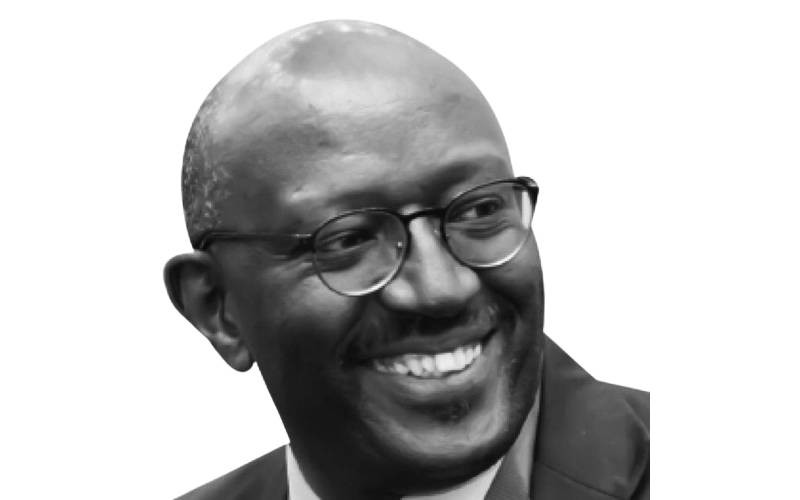×
The Standard e-Paper
Join Thousands Daily

One of the unintended consequences of capitalism or the market system is the emergence of elitism. Not surprisingly, elitism thrives in communist countries too. We had elites in our traditional societies as well.